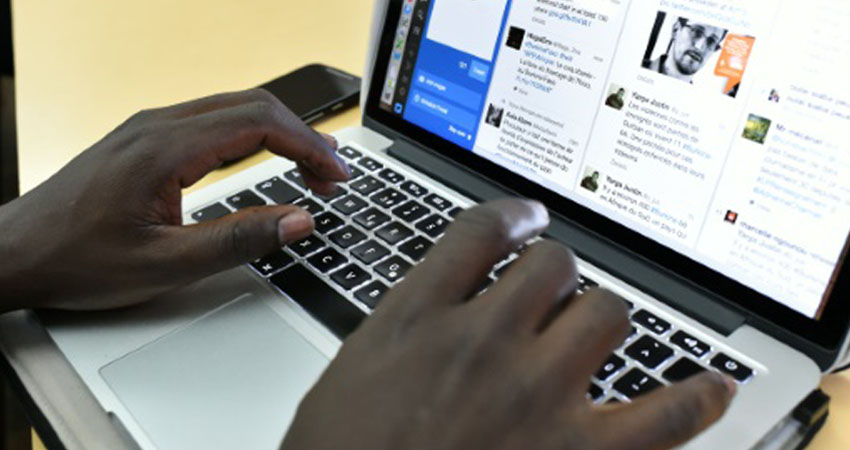- Almost all expect Sub-Saharan Africa to exceed IMF’s 3.8% forecast this year and 4% for next year
- More than a quarter believe internet connectivity is important for growth and two out of three say it will become more important
A new report by World Mobile appears to suggest that improved Internet connectivity across Sub-Saharan Africa will help to push up GDP growth higher than predicted by the IMF for 2023.
African business leaders are confident Sub-Saharan Africa will beat International Monetary Fund forecasts for GDP growth this year and next, the new research* for blockchain-based mobile network operator World Mobile shows.
RELATED: 5G will increase contribution of creative industry to GDP, says Danbatta
The IMF is predicting real GDP growth of 3.8% this year rising to 4% next year**. However, the study with African business leaders found almost all are more confident about growth.
Nearly 88% predict GDP growth this year will be 4% or higher while 60% expect GDP growth to be 4.3% or more in 2023.
World Mobile’s study surveyed senior executives at companies with combined annual revenues of $6.75 billion based in Tanzania, Angola, Botswana, Cameroon, Ethiopia, Ghana, Nigeria, and South Africa.
The senior business executives believe improving internet connectivity is vital to continuing economic growth in Sub-Saharan Africa where around 28% of the population are connected to the internet. ***
Around 27% of executives say it is important to boosting growth, while nearly two-thirds (65%) say its role in boosting economic growth will increase over the next three years as societies become more digital and technology focused.
World Mobile is revolutionising internet connectivity and is working with the government in Zanzibar where it is launching a unique hybrid mobile network delivering connectivity supported by low altitude platform balloons. It plans to expand the network throughout the continent and is in discussions with government officials in Tanzania and Kenya, as well as other territories underserviced by traditional mobile operators.
“Economies around the world suffered during the COVID-19 pandemic with an impact on GDP growth and sub-Saharan Africa was no exception.
It is encouraging to hear from business leaders on the ground that they are more confident than the IMF on the future path of economic growth with expectations that it will beat official forecasts,” said Micky Watkins, CEO of World Mobile.
“Central to continuing growth in Sub-Saharan Africa is internet connectivity and its importance will only grow in the future. World Mobile’s network based on the sharing economy sells affordable network nodes to local business owners, so they have the power to connect themselves and others while sharing the rewards. This will enable more people to access the opportunities that internet connectivity creates.”
World Mobile’s balloons will be the first to officially launch in Africa for commercial use, offering a more cost-effective way to provide digital connection to people and is the first step in its mission to help bring nearly four billion people online before 2030 in line with the UN and World Bank’s SDGs.
The World Mobile approach is more sustainable, in environmental, social and governance terms. Environmental impacts are mitigated using solar-powered nodes, second-life batteries, and energy-efficient technology. World Mobile creates a positive societal impact through the application of its circular economy model – a “sharing economy” where locals share in the ownership and rewards of the network.

































